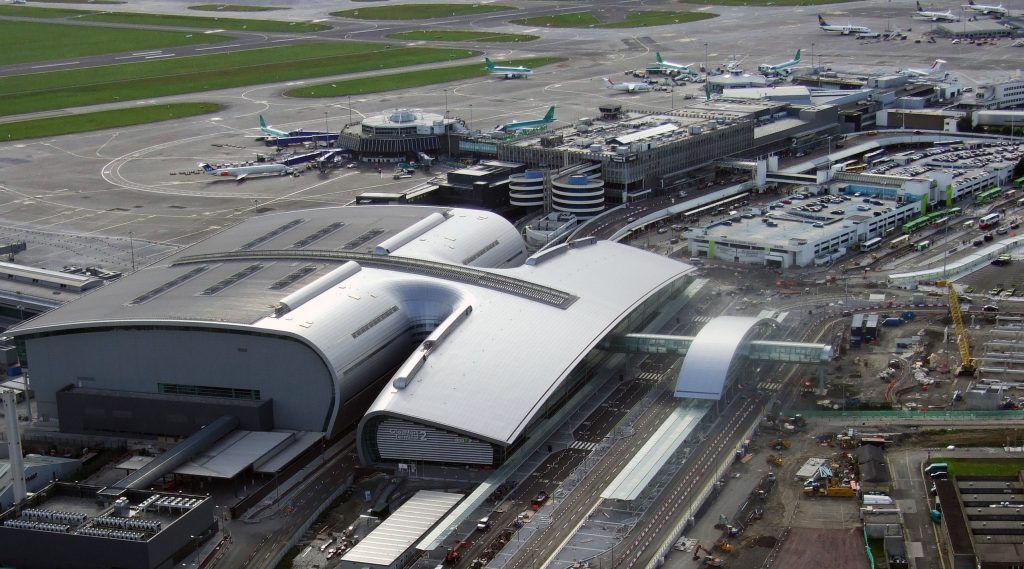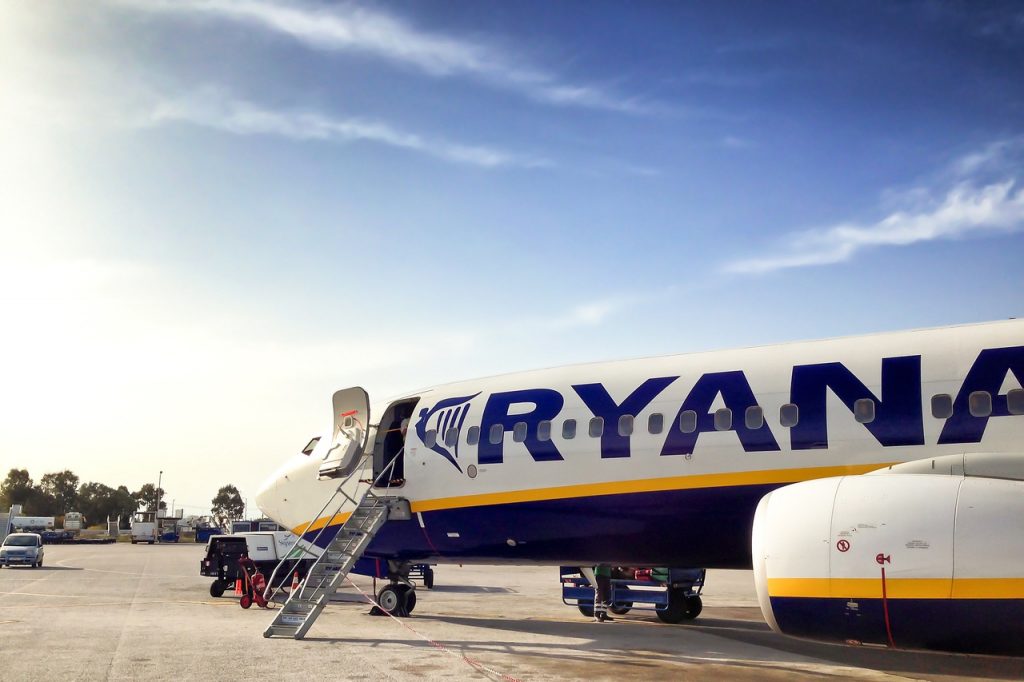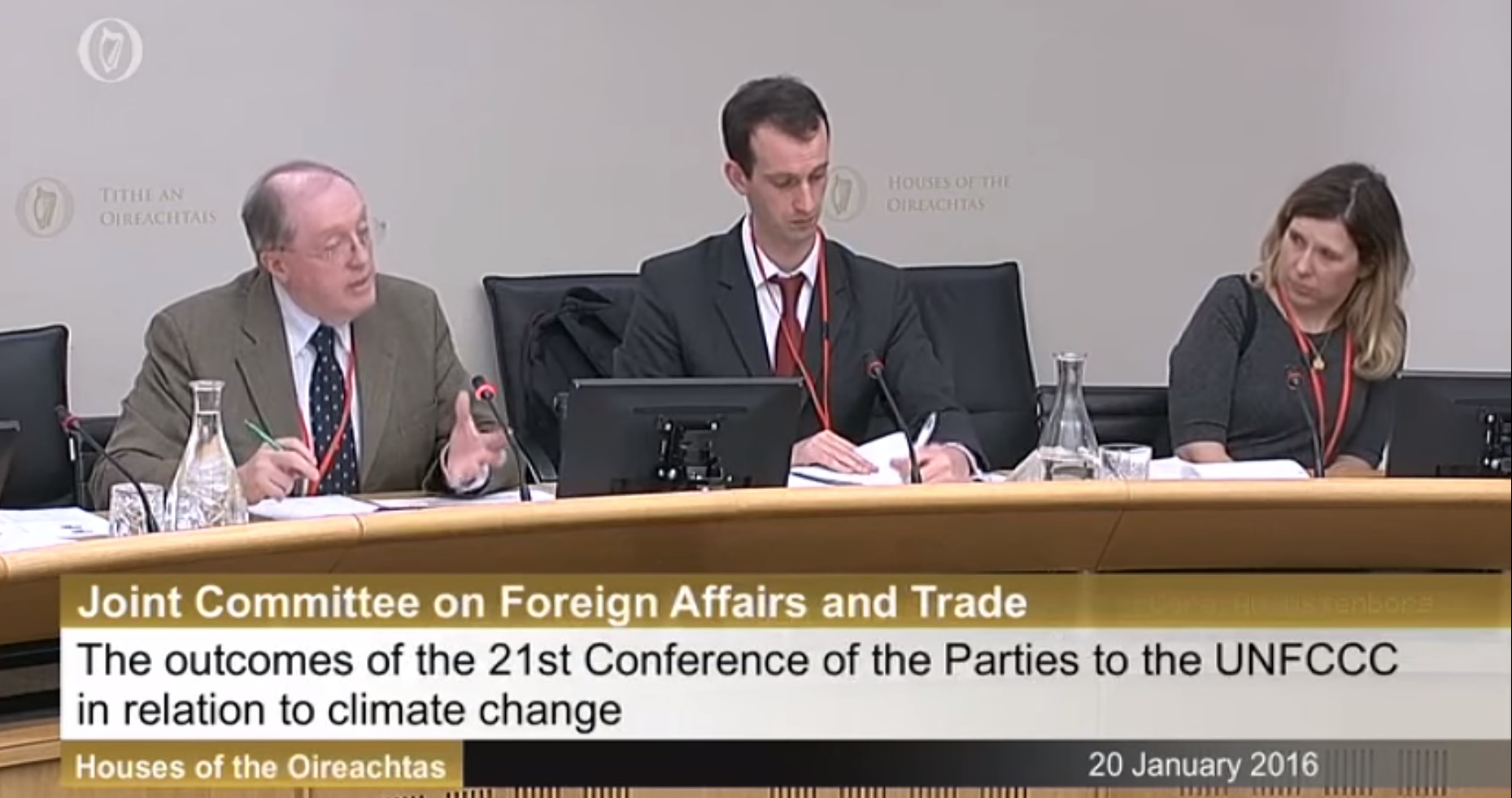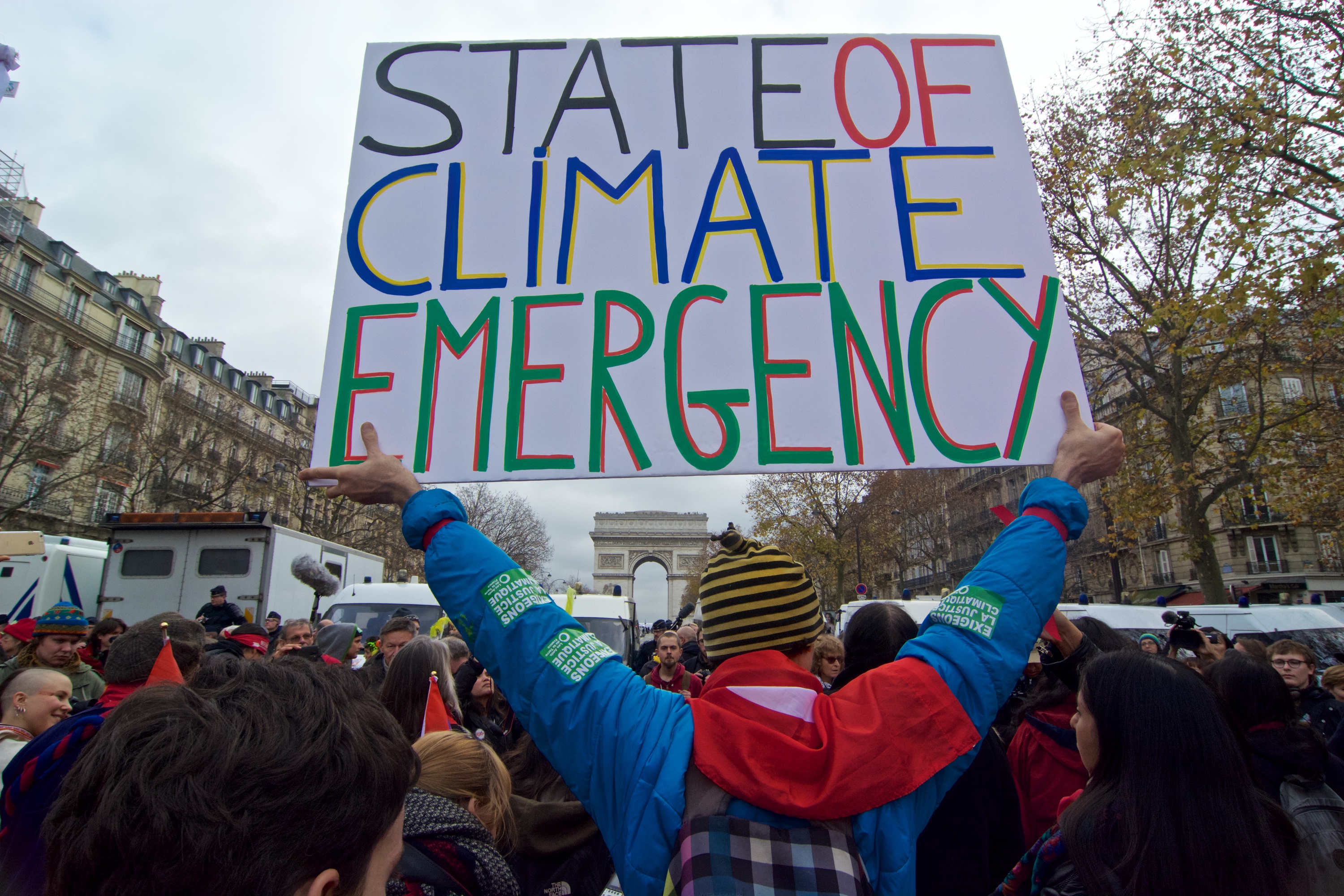Ireland not among states calling for aviation climate contribution

Ireland is not among the EU states calling for the bloc to put a price on aviation’s contribution to climate change.
Finance ministers from nine EU countries have called upon the newly appointed European Commission to help end the under-taxation of aviation as jet fuel remains largely tax-exempt.
Ministers from the Netherlands, Sweden, France, Belgium, Germany, Italy, Luxembourg, Denmark and Bulgaria are asking the bloc to bring forward their own proposal for on aviation pricing.
“It’s deeply unfair that everybody has to pay tax to fill up their cars but airlines don’t pay a single cent in fuel excise,” Transport & Environment (T&E) aviation manager Andrew Murphy said in response to the Ministers’ letter.
The EU has the ability to “move ahead” with taxation measures that don’t require unanimity, Mr Murphy added, such as “national ticket taxes, bilateral agreements to tax kerosene or a radical reform of Europe’s carbon market for aviation”.

Ireland and aviation
Ireland was not among the signatories in the call for aviation taxation, despite national calls for a tax on jet fuel and airline tickets growing louder.
In an op-ed for The Irish Times earlier this year, environmental journalist John Gibbons proposed that a 33 per cent litre tax on aviation fuel would generate almost €10 billion revenue within the EU.
In addition, introducing a 15 per cent tax on airline tickets would rake in another €17 billion per year, Mr Gibbons argued.
A spokesperson for the Department of Climate Action told The Green News that emissions from international aviation are not covered by Ireland’s climate changes.
“But the Government is committed to supporting action at EU level and through the UN’s International Civil Aviation Organisation to reduce emissions from the aviation sector,” the spokesperson added.
Dublin Airport is currently expanding its reach with the construction of a second runway, which the airport claim will create over €2 billion in economic activity over the next 24 years.
The Dublin Airport Authority (DAA) argue that a second runway is crucial to reducing stress at peak flight times, following a 45 per cent increase in passenger numbers since 2014.

The environmental impact of aviation
In total, aviation makes up over 13 per cent of total greenhouse gas emissions in the EU and emissions from the sector are predicted to rise annually between one and four per cent in the coming decades. If global trends continue, aviation may contribute up to 22 per cent of CO2 emissions by 2050.
As well as emitting carbon dioxide, aviation emits pollutants such as nitrogen oxides and particulate matter. When released at high altitudes, nitrogen oxides enhance the lining of the ozone layer which leads to warmer temperatures.
Soot and water vapour emitted by aircraft can create vapour trails in cold air, and researchers believe the trails could add to the greenhouse effect.
Simultaneously, jet fuel emissions also set in motion reactions which can destroy methane, a gas estimated to have a warming effect 84 to 87 times greater than that of CO2 over a 20 year period.
Research suggests that aviation also has a significant impact on air quality and may cause 16,000 premature deaths annually due to exposure to particulate matter. Almost half of the premature deaths are attributed to emissions from aircraft take-off and landing.
[x_author title=”About the Author”]






